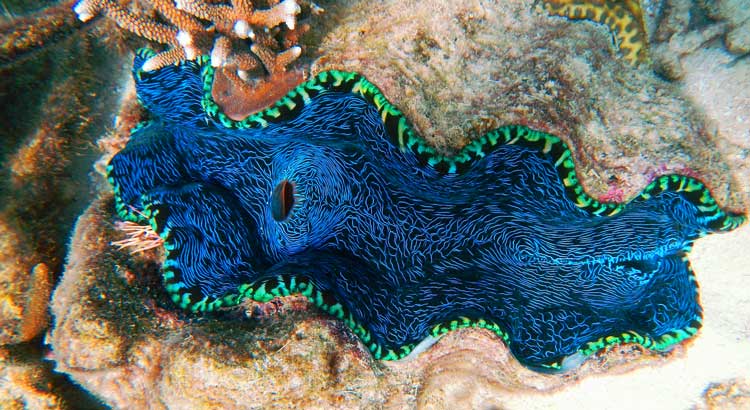
Researchers at the ARC Centre of Excellence for Coral Reef Studies at James Cook University in Australia have recently discovered that the Great Barrier Reef is eating plastic pollution that is flowing through the water. While this may sound like good news, the plastic is unfortunately undigestable for the coral and could poison the reef.
“Corals are non-selective feeders and our results show that they can consume microplastics when the plastics are present in seawater. If microplastic pollution increases on the Great Barrier Reef, corals could be negatively affected as their tiny stomach-cavities become full of indigestible plastic,” Dr Mia Hoogenboom, one of the researchers said.
“Marine plastic pollution is a global problem and microplastics can have negative effects on the health of marine organisms. We aimed to determine whether corals from inshore coral reefs consume microplastics, and whether there is potential for plastic pollution to affect coral reefs,” he added.
The study was conducted by taking samples from the Great Barrier Reef and putting them into water that was contaminated by plastic. After just 48 hours, the researchers found that the corals had eaten plastic particles.
“Corals get energy from photosynthesis by symbiotic algae living within their tissues, but they also feed on a variety of other food including zooplankton, sediment and other microscopic organisms that live in seawater. We found that the corals ate plastic at rates only slightly lower than their normal rate of feeding on marine plankton,” Nora Hall, another James Cook researcher said.
Unfortunately, researchers also found that the plastic remained deep within the coral’s digestive system.
“During this testing we found microplastics, including polystyrene and polyethylene, although only in small amounts,” researcher Kathryn Berry said.
The researchers are unsure exactly what effect the plastic has on the coral and its digestive system, and will be working on future studies to determine the consequences.
“We are also investigating whether fish on coral reefs eat plastics, and whether plastic consumption influences fish growth and survival.” Dr Hoogenboom said.
John Vibes writes for True Activist and is an author, researcher and investigative journalist who takes a special interest in the counter culture and the drug war.


